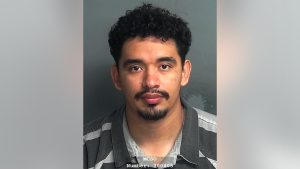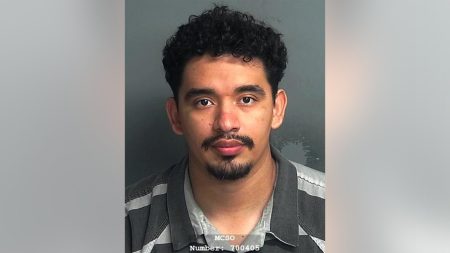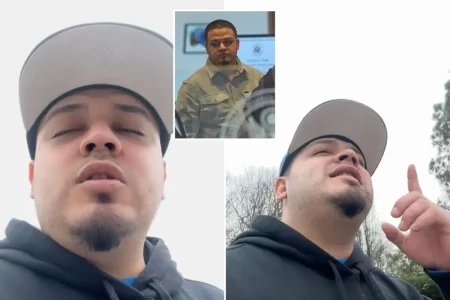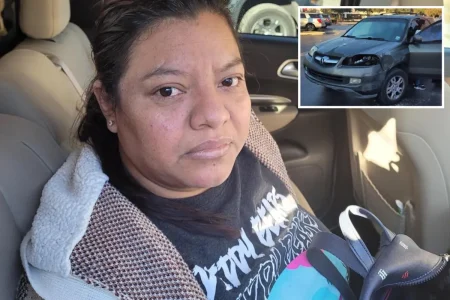A Wife’s Reflection on Loss and Faith
In a heartfelt interview, the widow of conservative activist Charlie Kirk revealed the complex emotions surrounding her husband’s tragic passing. She spoke candidly about her previous concerns for his safety, sharing that she had repeatedly urged him to wear bulletproof protection due to the controversial nature of his public work. Despite these earlier fears and precautions, she has found meaning in her grief by embracing a perspective that sees divine purpose in the timing and circumstances of his death.
Her reflections offer a glimpse into the private struggles of families whose loved ones engage in polarizing public discourse. While acknowledging the very real dangers that prompted her protective instincts during his lifetime, she expressed how her faith has provided a framework for understanding his passing. This spiritual interpretation has become a source of strength as she navigates the painful reality of her loss, allowing her to see what happened not as random tragedy but as part of a larger spiritual plan.
The interview delicately balanced the practical concerns she experienced as the spouse of a prominent activist with the faith-based perspective she now employs to make sense of her bereavement. Her ability to find meaning through her religious convictions while simultaneously acknowledging the human desire to have protected him illustrates the complex interplay between pragmatism and faith that many encounter when facing profound loss. Rather than viewing these perspectives as contradictory, she has integrated them into her ongoing journey of grief and acceptance.
Her testimony speaks to a universal human experience: the search for meaning amid suffering. Though framed within her specific religious worldview, her struggle to reconcile preventative measures with acceptance of unalterable outcomes resonates beyond ideological boundaries. The interview revealed not just the personal cost of public activism but also the profound resilience that can emerge when individuals draw upon their deepest beliefs to navigate life’s most challenging passages.
Throughout the conversation, she demonstrated remarkable vulnerability in sharing both her protective instincts and her subsequent spiritual interpretation. This openness provides insight into how families of public figures privately process the risks their loved ones face while maintaining their own sense of peace. Her willingness to discuss these intimate aspects of their relationship humanizes the experience of loss that often becomes abstracted when it involves individuals known primarily through their public personas.
Her testimony stands as a poignant reminder of how individuals find different paths through grief, often drawing upon their fundamental beliefs to transform suffering into meaning. While maintaining respect for her privacy during this difficult time, the interview illuminated the deeply personal dimensions of loss that exist alongside public narratives. In finding divine purpose within tragedy, she has created a framework that allows her to honor both her protective love for her husband and her acceptance of circumstances beyond human control—a delicate balance that many who face unexpected loss strive to achieve.









